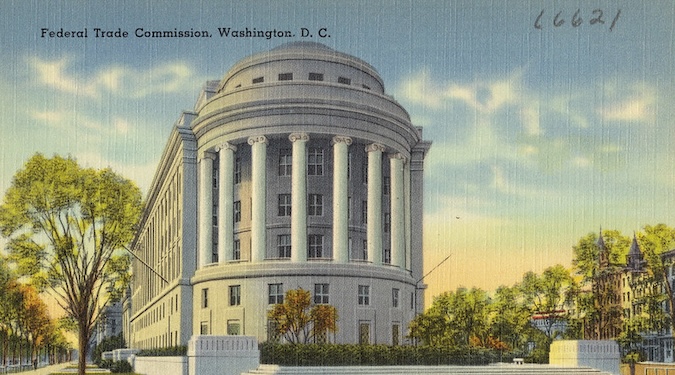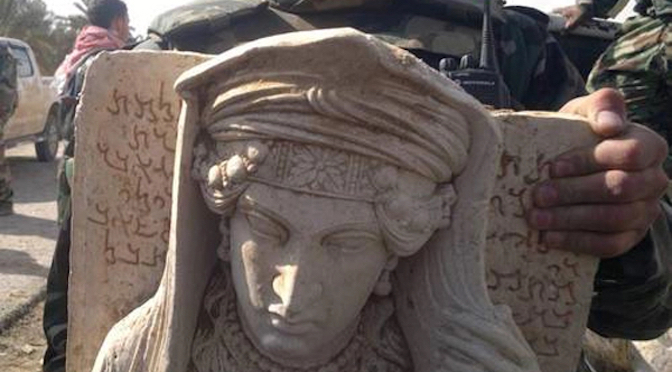The purpose of this piece is to shed some light on the way the intelligence community operates, to describe how legal rules shape some of its most sensitive work, and to offer a perspective on the way the Central Intelligence Agency (CIA or Agency) fits into the debate about interrogation and torture. The debate is not about, and indeed cannot be about, whether our government should conduct torture. The answer to that question is and must be, by law and standards of human decency, no. As recently as March 2005, CIA Director Porter Goss reiterated the Agency’s position that it is bound by the laws banning torture and that the Agency adheres to those laws. But at a level deeper than the denials and the blanket statements, there is a difficulty that cannot be avoided. That difficulty lies not in the abstract form of the question, but in the real, on-the-ground scenarios that develop where interrogations are taking place. What can an interrogator do? When can she use deception, discomfort, fear, fatigue, punishment, physical contact, and similar tactics?
Results for "10 Standards for Ov"
National Security and Competition: How Courts Evaluate National Security When Assessing a Merger
Michael McLaughlin examines the effect of defense mergers on the national security sphere, arguing that antitrust and national security are largely complementary in accomplishing the goals relevant to each. In “National Security and Competition,” McLaughlin first discusses concerns that come with stifled competition in the defense market. He then focuses on the evolution in case… Continue reading National Security and Competition: How Courts Evaluate National Security When Assessing a Merger
ISIL as Salesmen? The Roles of Due Diligence and the Good Faith Purchaser in Illicit Artifact Trafficking
Looting and pillaging have been an aspect of warfare for millennia. Art theft, antiquities looting, and artifact trafficking is both profitable and easy, especially in countries where much of the ancient world is not yet excavated. This trade has served to fund many syndicates around the world over the last century, most recently becoming the… Continue reading ISIL as Salesmen? The Roles of Due Diligence and the Good Faith Purchaser in Illicit Artifact Trafficking


